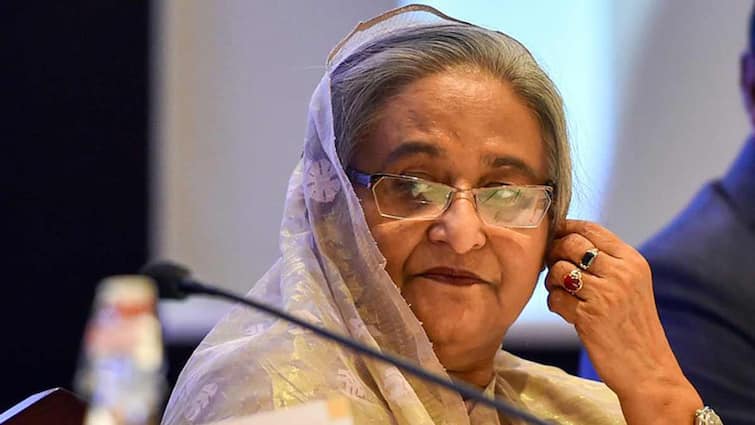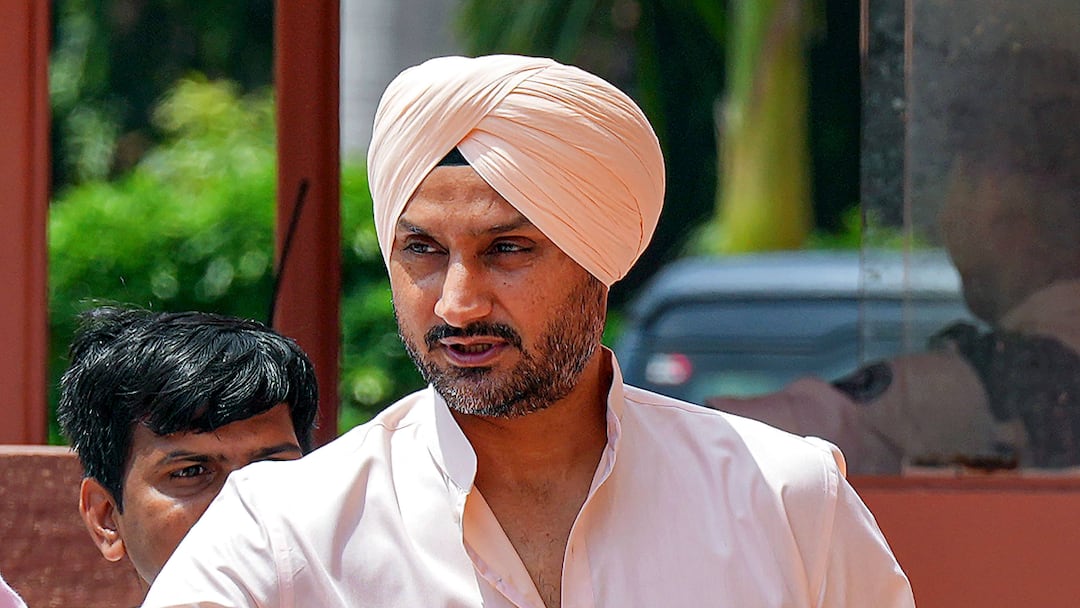Former Bangladesh Prime Minister Sheikh Hasina has been sentenced to death by the country’s International Crimes Tribunal-a decision her Awami League party has condemned as “biased and politically motivated.”
Minutes after the ruling, the party accused “extremist elements within the interim government” of driving a “brazen and murderous agenda.”
Hasina, in her first response, said she was “not afraid to face my accusers in a proper tribunal,” insisting the case was built on political vendetta rather than justice.
Charges Against Sheikh Hasina Explained
Count 1 accuses the defendants of murder, attempted murder, torture, and other inhumane acts. They are alleged to have abetted, incited, facilitated, been complicit in, and failed to prevent crimes carried out against civilians by law enforcement agencies and armed cadres linked to the Awami League.
Count 2 involves allegations that they ordered the use of lethal weapons, helicopters, and drones to suppress student protesters. The charges cite superior command responsibility, complicity, facilitation, and conspiracy.
Count 3 pertains to the July 16 killing of Begum Rokeya University student Abu Sayed. The accused allegedly issued orders and engaged in incitement, abetment, facilitation, conspiracy, and complicity in the murder.
Count 4 relates to the August 5 killing of six unarmed protesters at Chankharpul in Dhaka. The defendants are accused of orchestrating the deaths through direct orders, incitement, abetment, facilitation, complicity, and conspiracy.
Count 5 centres on the shooting of five protesters and the injury of another. It further alleges that the accused burned the five bodies and another protester alive, acting through complicity, facilitation, and instigation.


